How To Keep Your Vegetables Fresh – Secrets For Keeping Veggies Longer
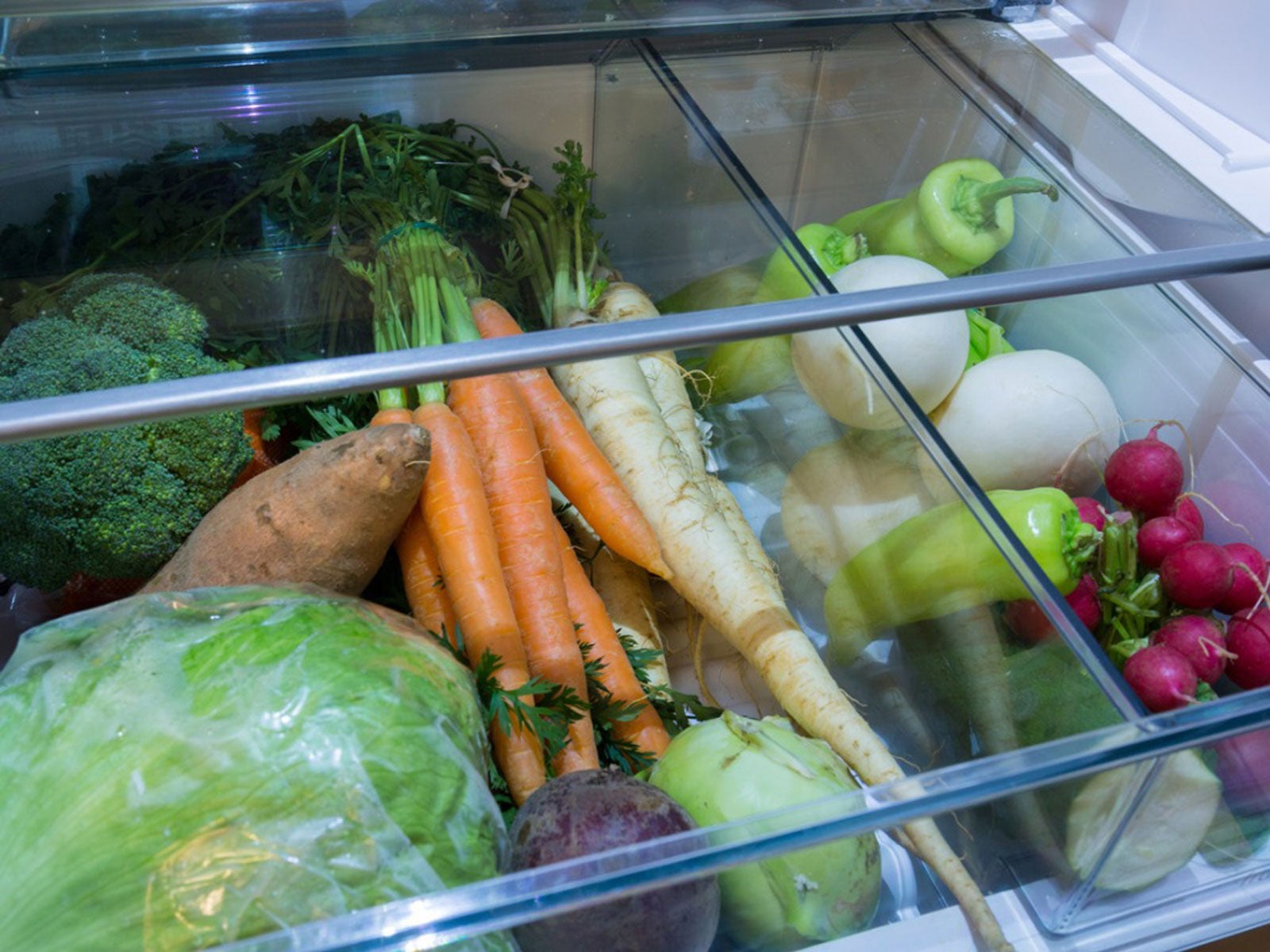

We all know it is important to get at least five servings of veggies per day, but how can you keep produce fresh longer? This is a special question for those of us with vegetable gardens. When veggies produce, they produce well. How can you extend vegetable shelf life so that you aren't wasting what you grew? Keep reading for our tips on how to keep your vegetables fresh for longer.
How to Keep Your Vegetables Fresh in the Refrigerator
If you have ever grown a vegetable garden, you understand the battle to get veggies processed in some manner while eating as much fresh from the beds as possible. Avoiding waste and enjoying the seasonal bounty is one of the summer's delights, but you need some tips on keeping veggies longer. Refrigeration is key to this effort but so are humidity, containers, companions, and other factors.
Most of us keep our vegetables in refrigerator crisper drawers. These may have controls on them in fancier, newer models that will enhance crispness and lasting ability in fruits and vegetables. However, even if you have an old refrigerator, you can harvest the benefits of a crisper.
Use the vents to remove excess humidity which can cause some food to spoil more quickly. An open vent will also allow ethylene gas to escape which hastens the ripening of some foods. In a closed position, the vent increases humidity which is good for leafy vegetables.
How to Extend Vegetable Shelf Life of Specific Varieties
Onions, potatoes, and other root crops need special attention. To keep produce fresh longer, you may put these items in the refrigerator or a cool dark place. These types of items will take up room in the fridge that would be better used by more tender veggies.
Avoid placing root crops near a heat source. They prefer temperatures of 55 degrees Fahrenheit (13 C.). Tomatoes may need to finish ripening. Keep them on the counter until ripe and then place them in the fridge. Items like broccoli or asparagus will be fresher if the cut ends are placed in water in the refrigerator.
Keeping Veggies Longer with a Little Preparation
How you store the vegetable will also affect how long it lasts. Buying the freshest produce possible from a farmer's market will ensure a longer shelf life. Other tips include:
Gardening tips, videos, info and more delivered right to your inbox!
Sign up for the Gardening Know How newsletter today and receive a free copy of our e-book "How to Grow Delicious Tomatoes".
- Keep most produce in a clean plastic bag or wrap in a clean towel placed in the crisper.
- Remove leafy tops that pull moisture from the food.
- Dry most vegetables before placing in veggie drawers.
- For foods in cool, dark storage, protect from damage in boxes filled with clean insulating material.
- Store fruits separate from vegetables to avoid ethylene contamination which can send veggies “off” quickly.
Simple steps like these can keep veggies fresh for longer but don't delay eating them! Corn should be eaten within a few days to preserve the sugars. Green beans lose their snap in just a few days. Greens, cucumbers, and broccoli should be used within a week.
If you have waited too long and your produce is limp and listless, you can revive many varieties with an ice bath that will bring them back to life.

Bonnie Grant is a professional landscaper with a Certification in Urban Gardening. She has been gardening and writing for 15 years. A former professional chef, she has a passion for edible landscaping.
-
 Looking For Plants To Give You The Soft And Fuzzies? Try These 5 Fuzzy Leaf Plant Options
Looking For Plants To Give You The Soft And Fuzzies? Try These 5 Fuzzy Leaf Plant OptionsLovers of texture, drama, silver foliage and tactile plants will adore these special sensory garden additions. These fuzzy leaf plant options will leave you all aglow
By Susan Albert
-
 Get Ready For A Summer Of Hummers! Grow These Full Sun Hummingbird Plants and Flowers
Get Ready For A Summer Of Hummers! Grow These Full Sun Hummingbird Plants and FlowersIf you’re lucky enough to enjoy a sunny backyard, make sure you are maxing out on your pollinator opportunities and grow these full sun hummingbird plants and flowers
By Tonya Barnett
-
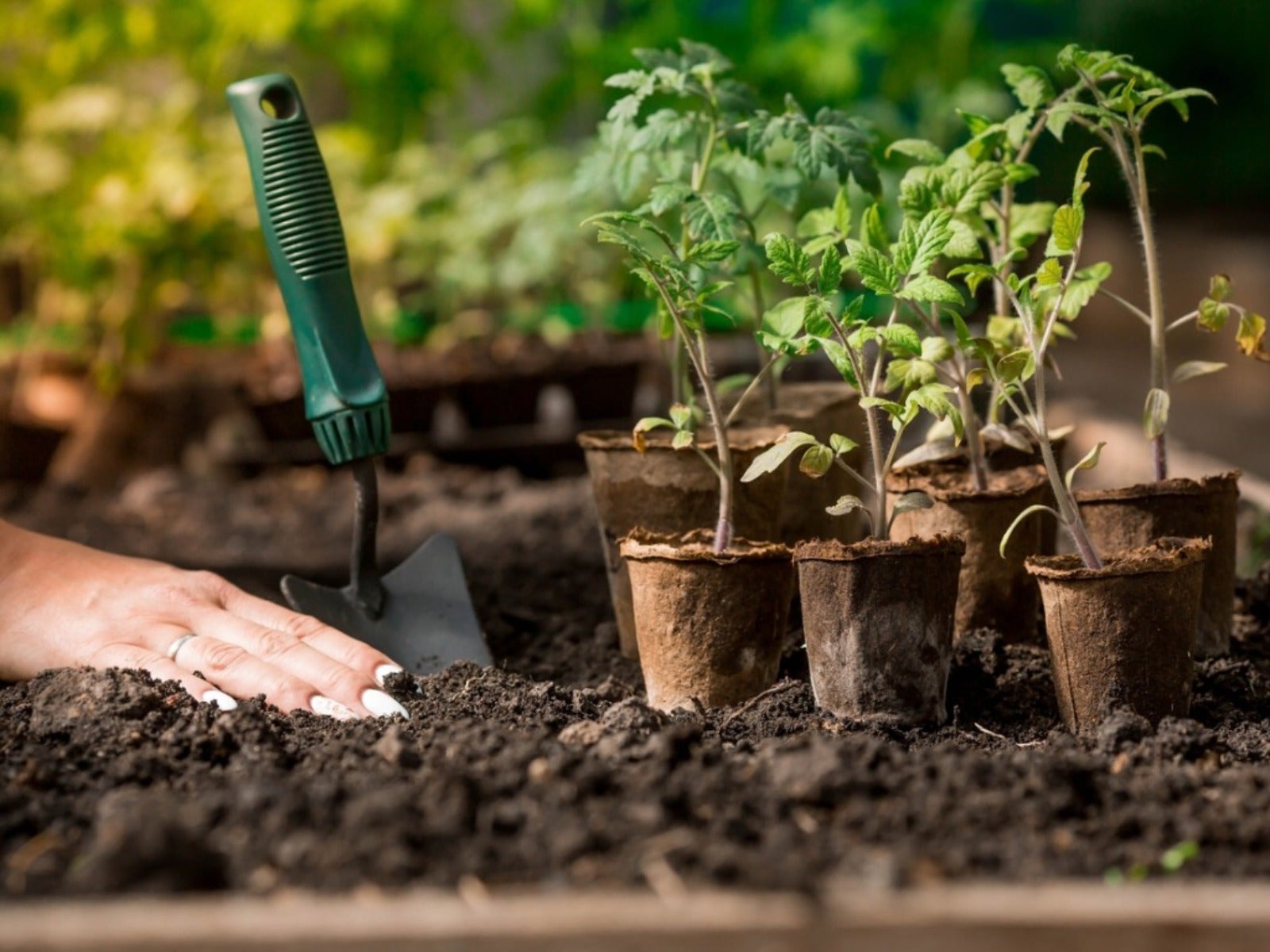 How Many Vegetables To Plant Per Person For A Year
How Many Vegetables To Plant Per Person For A YearGauging how much to plant in a vegetable garden can eliminate waste while still producing enough for your family. Click for more.
By Bonnie L. Grant
-
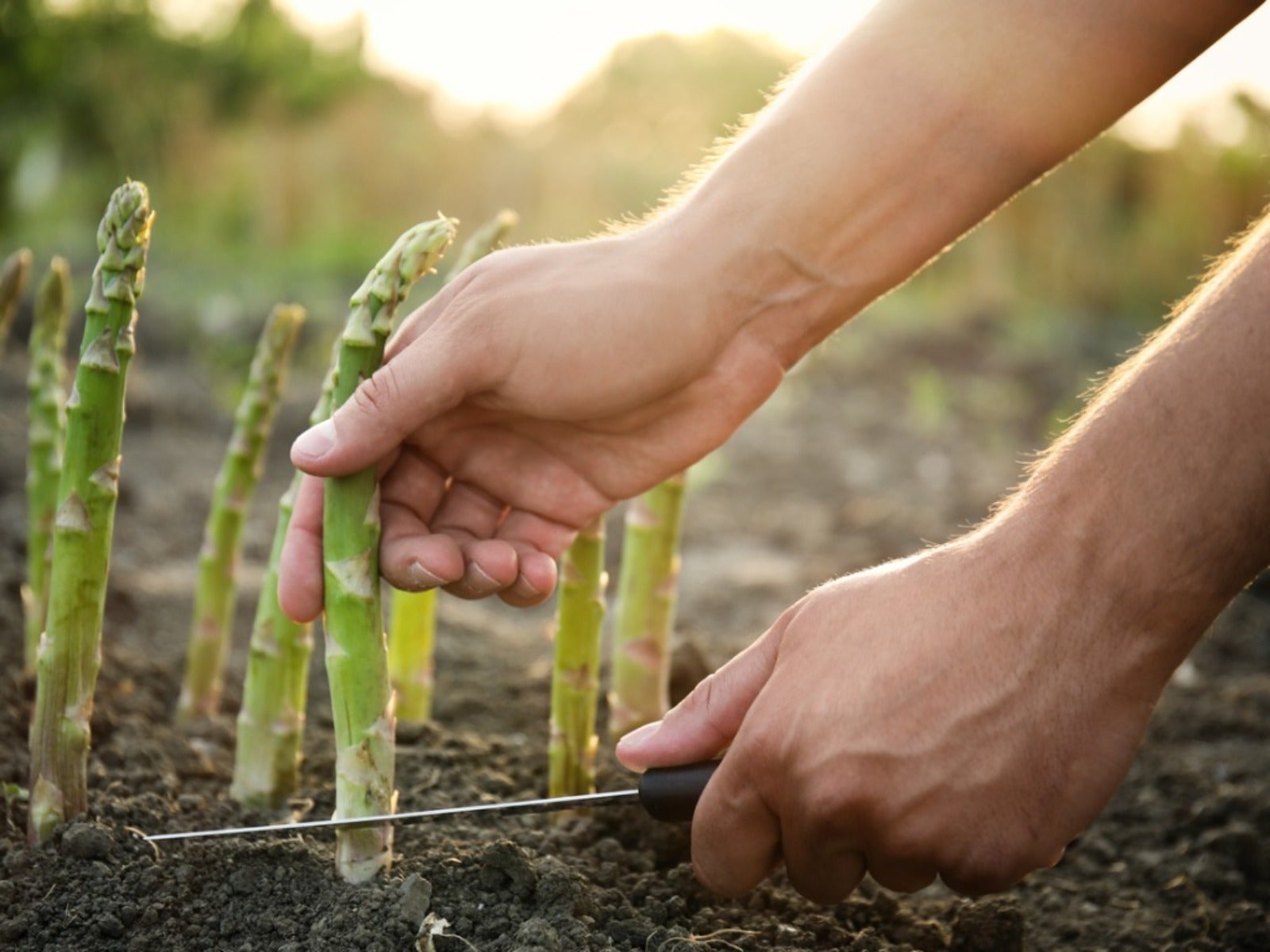 13 Perennial Fruits And Vegetables You Only Have To Plant Once
13 Perennial Fruits And Vegetables You Only Have To Plant OnceLooking to set it and forget it? Find out which fruits and vegetables can be grown as perennials.
By Laura Miller
-
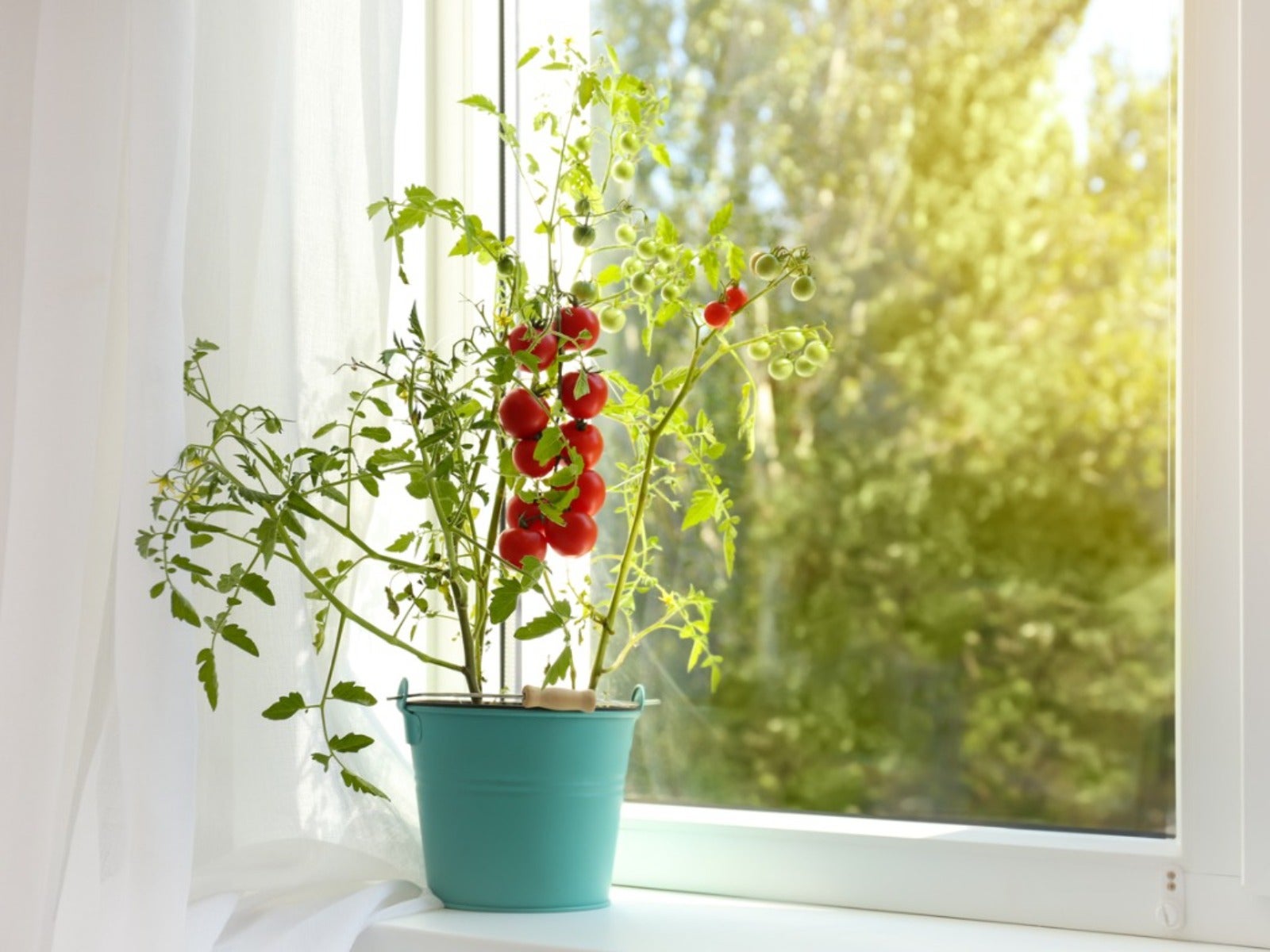 11 Edible Plants For A Year-Round Garden In A Bucket
11 Edible Plants For A Year-Round Garden In A BucketWant to know how to grow food inside your house and which foods do best indoors? Click here to learn all about it.
By Bonnie L. Grant
-
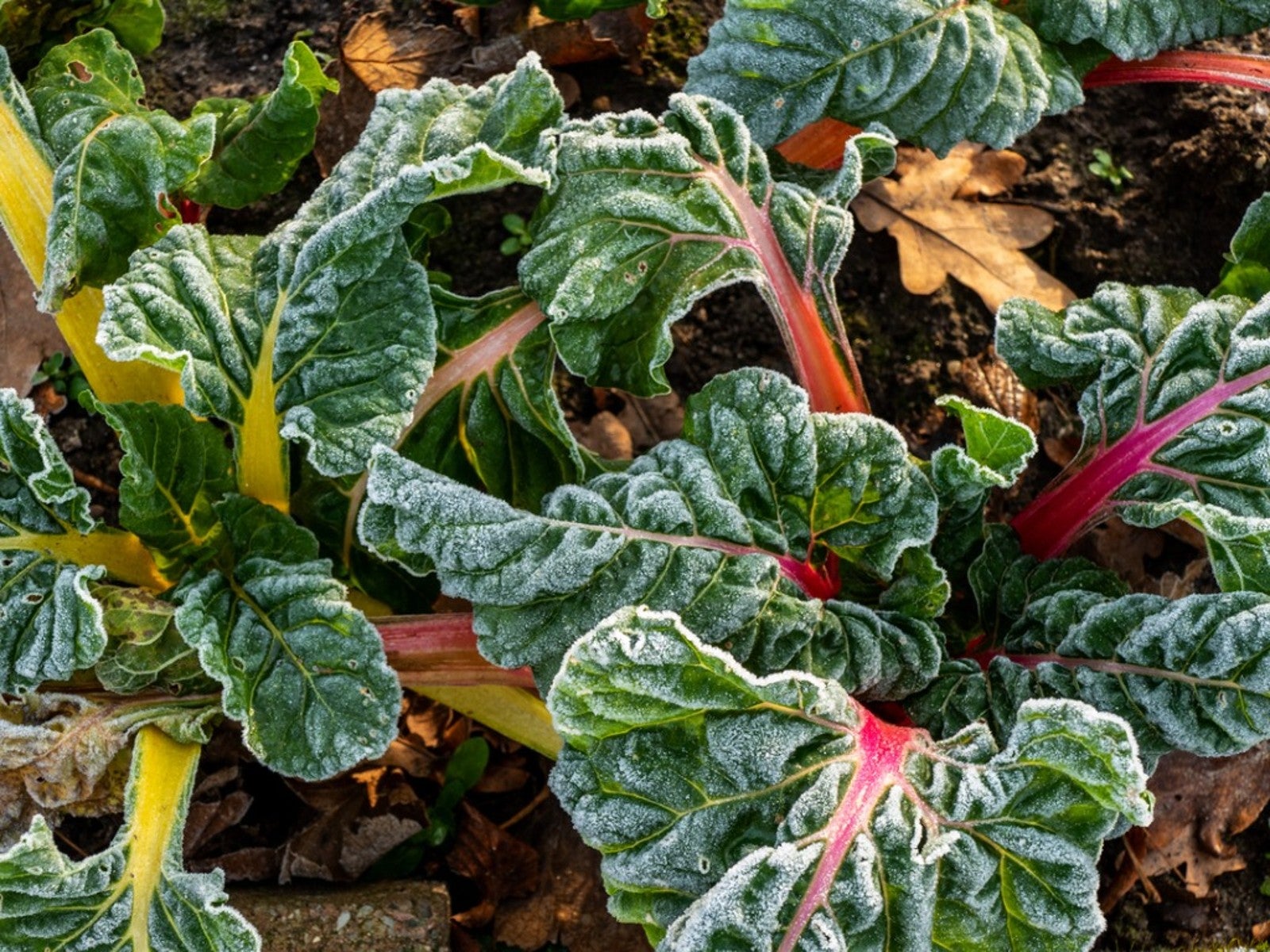 Frost Tolerance Of Vegetables From Least To Most Hardy
Frost Tolerance Of Vegetables From Least To Most HardyHow cold can vegetables tolerate? Knowing which veggies will survive frosts and freezes is essential for the success of your garden. Click here for more.
By Laura Miller
-
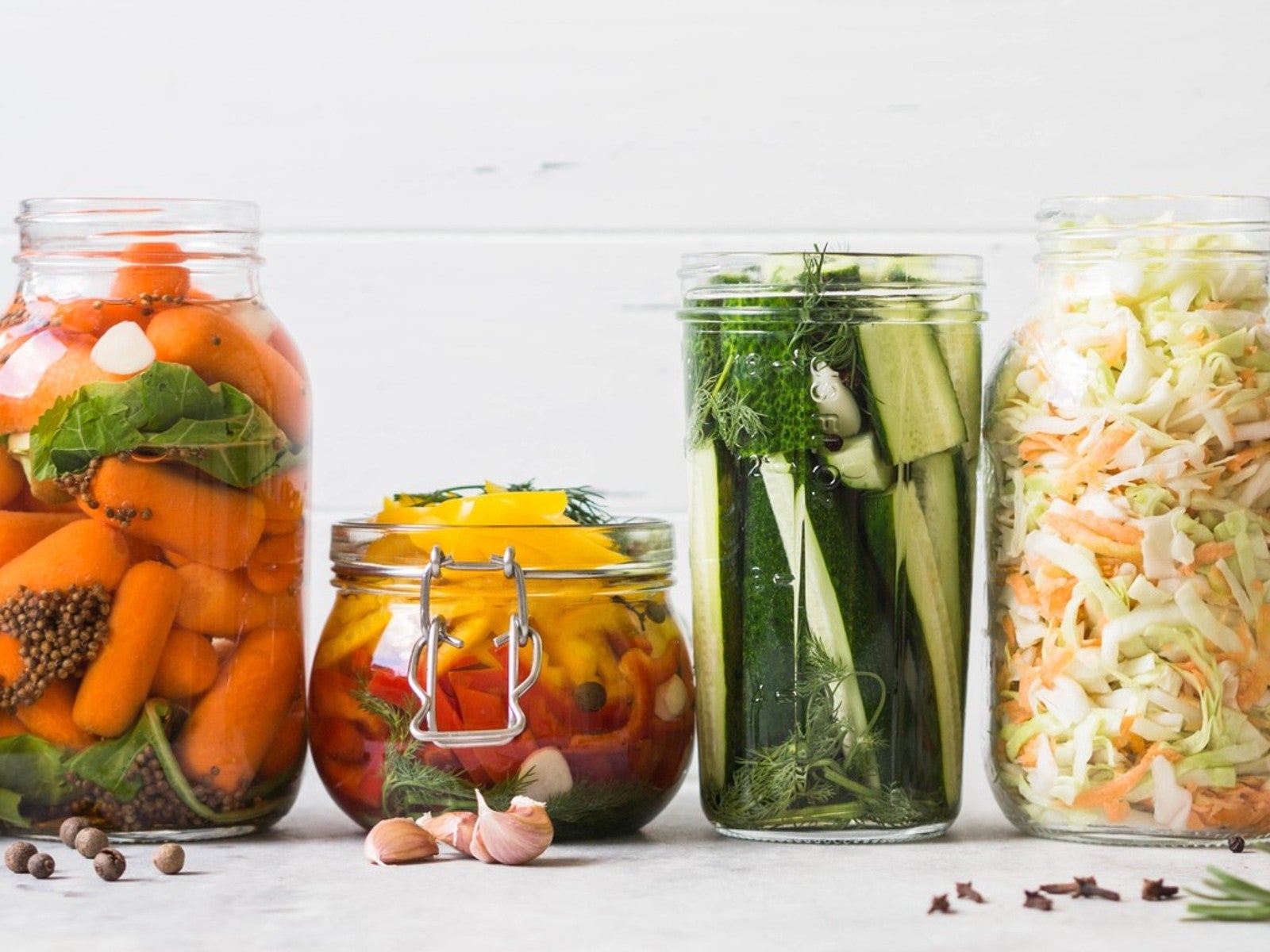 Best Vegetables To Pickle Straight From The Garden
Best Vegetables To Pickle Straight From The GardenPickles aren’t limited to just cucumbers. Read on for tips on pickling your fresh veggies.
By Amy Grant
-
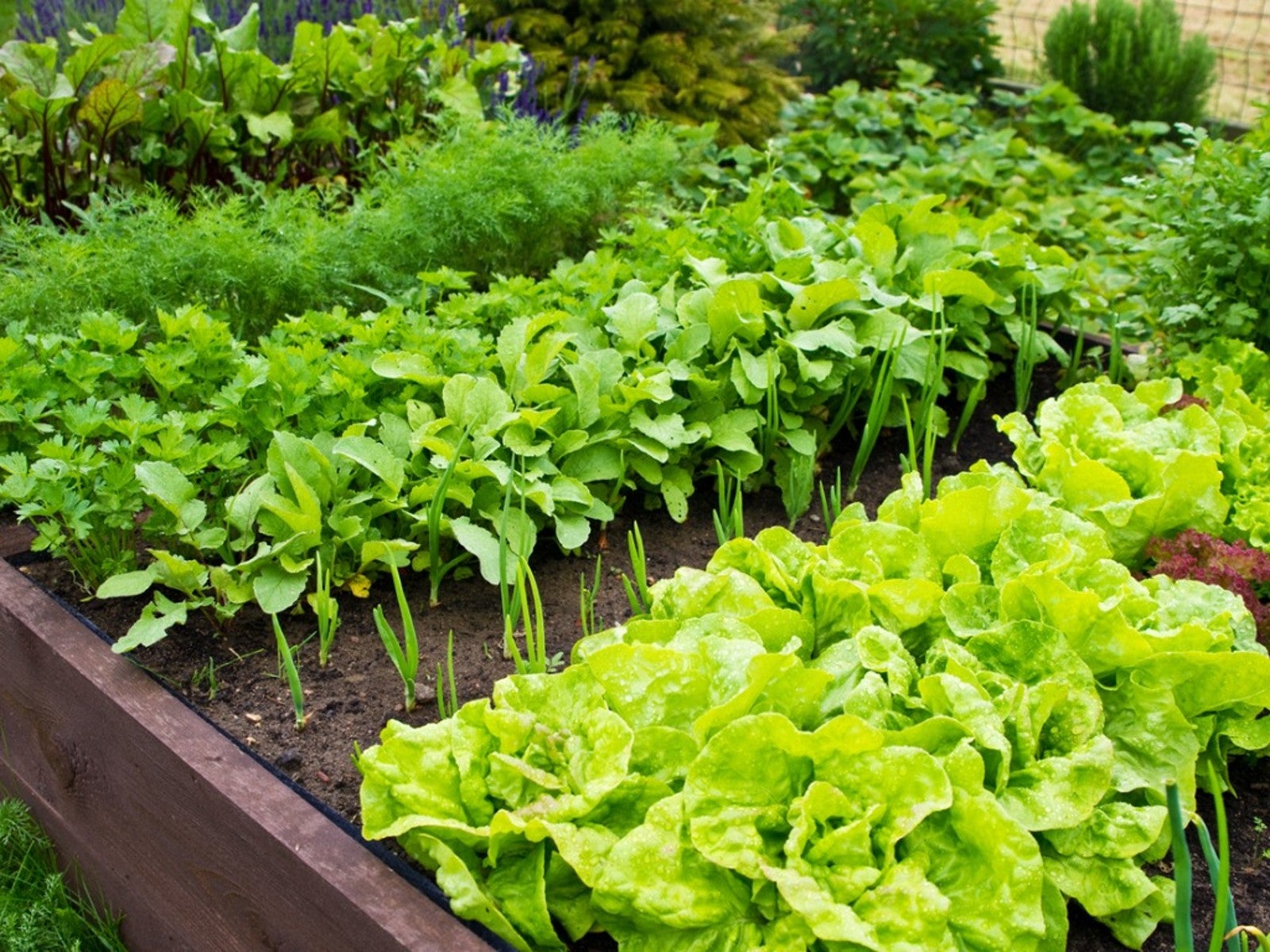 Benefits Of Planting In Fall Vs. Spring Vegetable Plots
Benefits Of Planting In Fall Vs. Spring Vegetable PlotsLearn why some vegetables do better if you plant them in fall instead of spring.
By Laura Miller
-
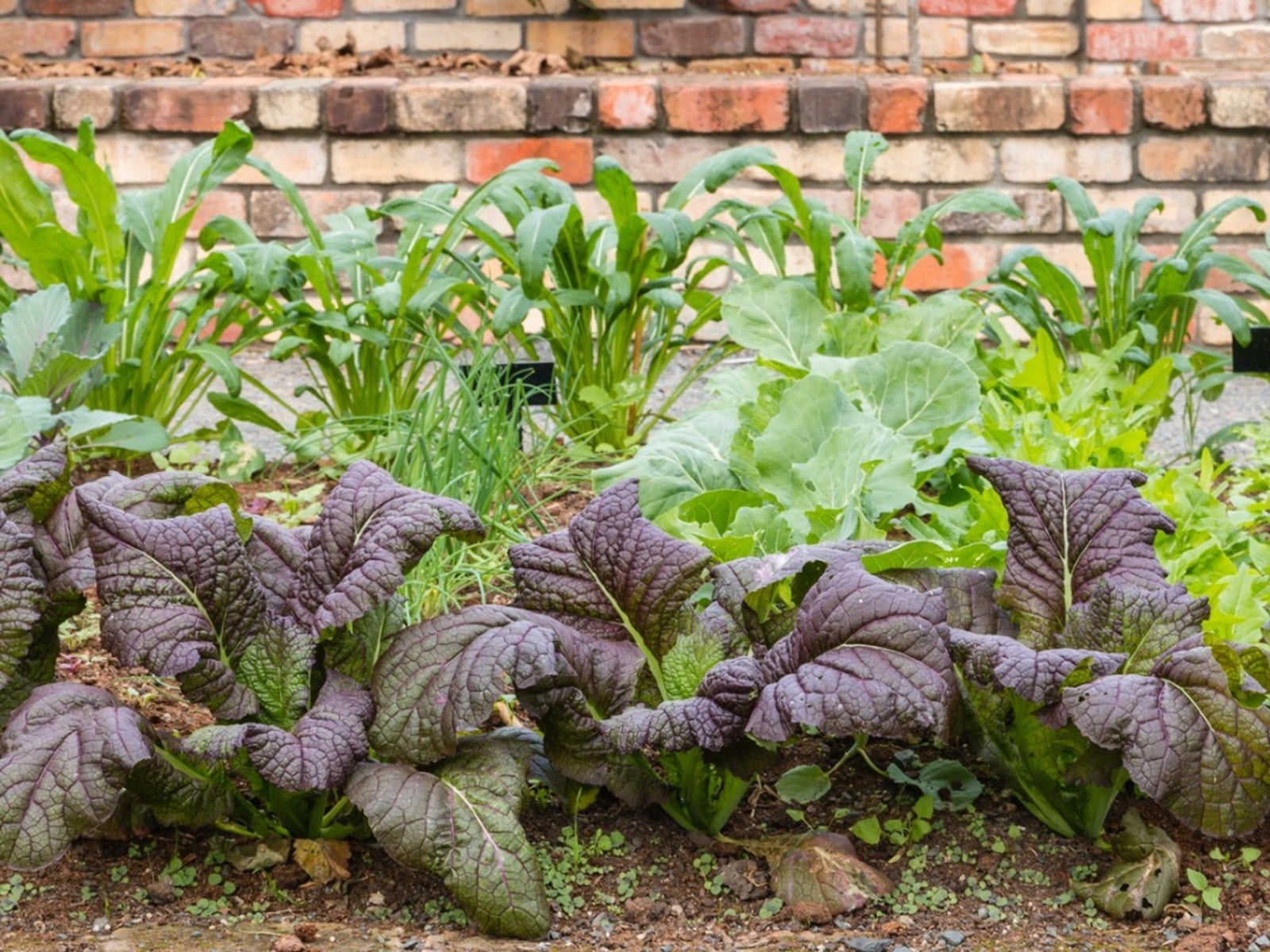 Interplanting Vegetables In The Fall Garden
Interplanting Vegetables In The Fall GardenLearn all about the benefits of interplanting vegetables for your fall garden.
By Laura Miller
-
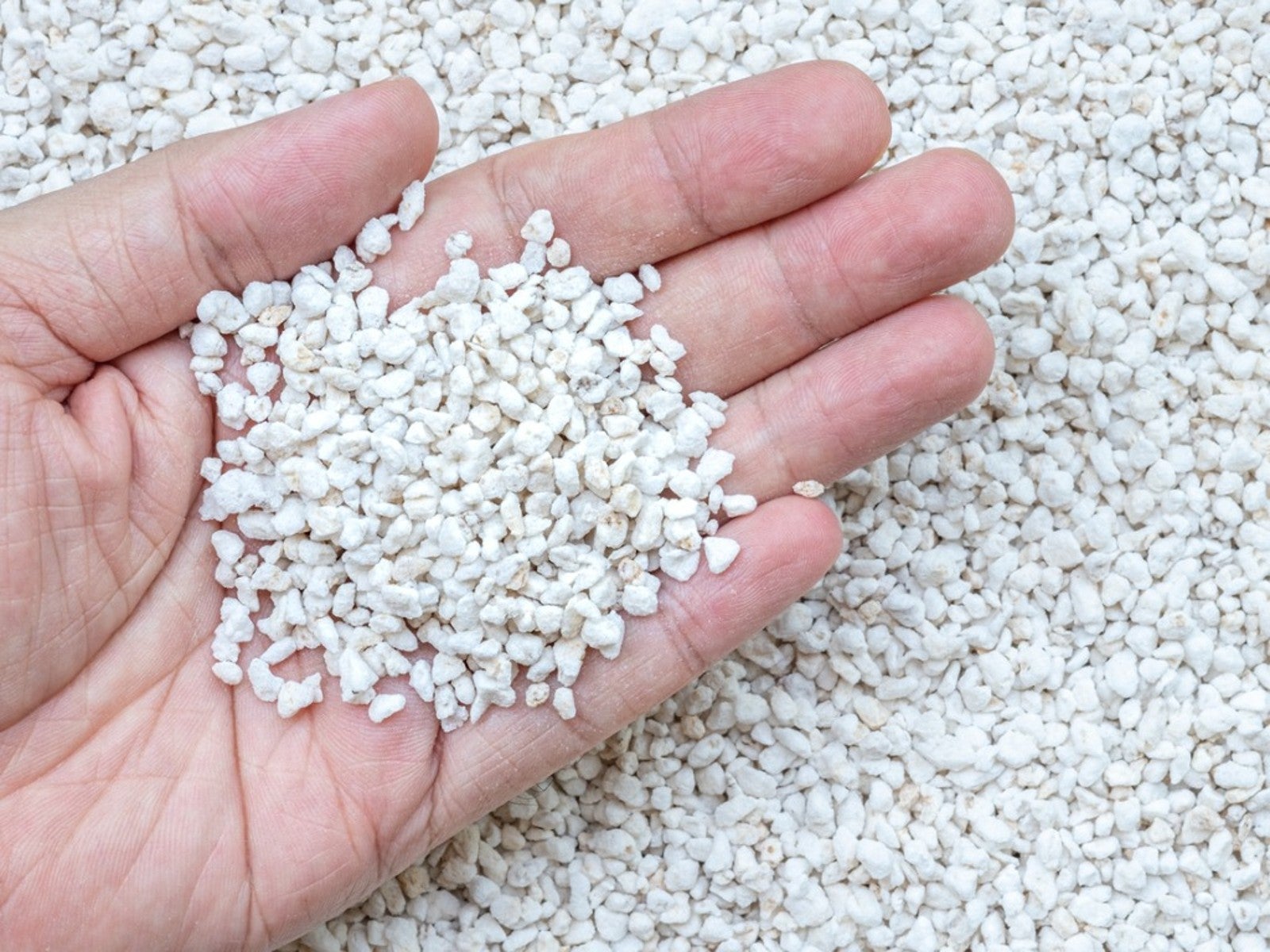 Best Vegetables For Growing In Perlite
Best Vegetables For Growing In PerlitePerlite is a natural growing medium that comes from super-heated volcanic glass. In some cases, it works better than soil. Read on for more info.
By Laura Miller